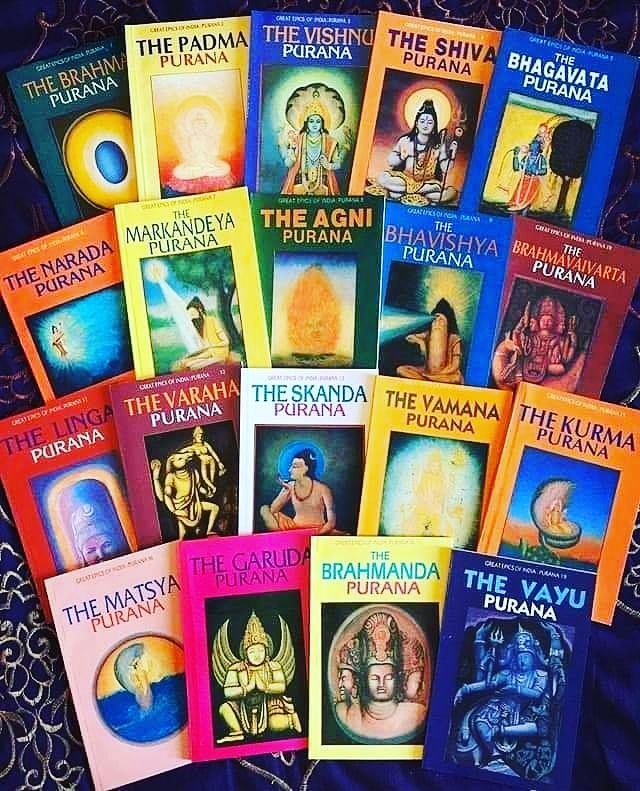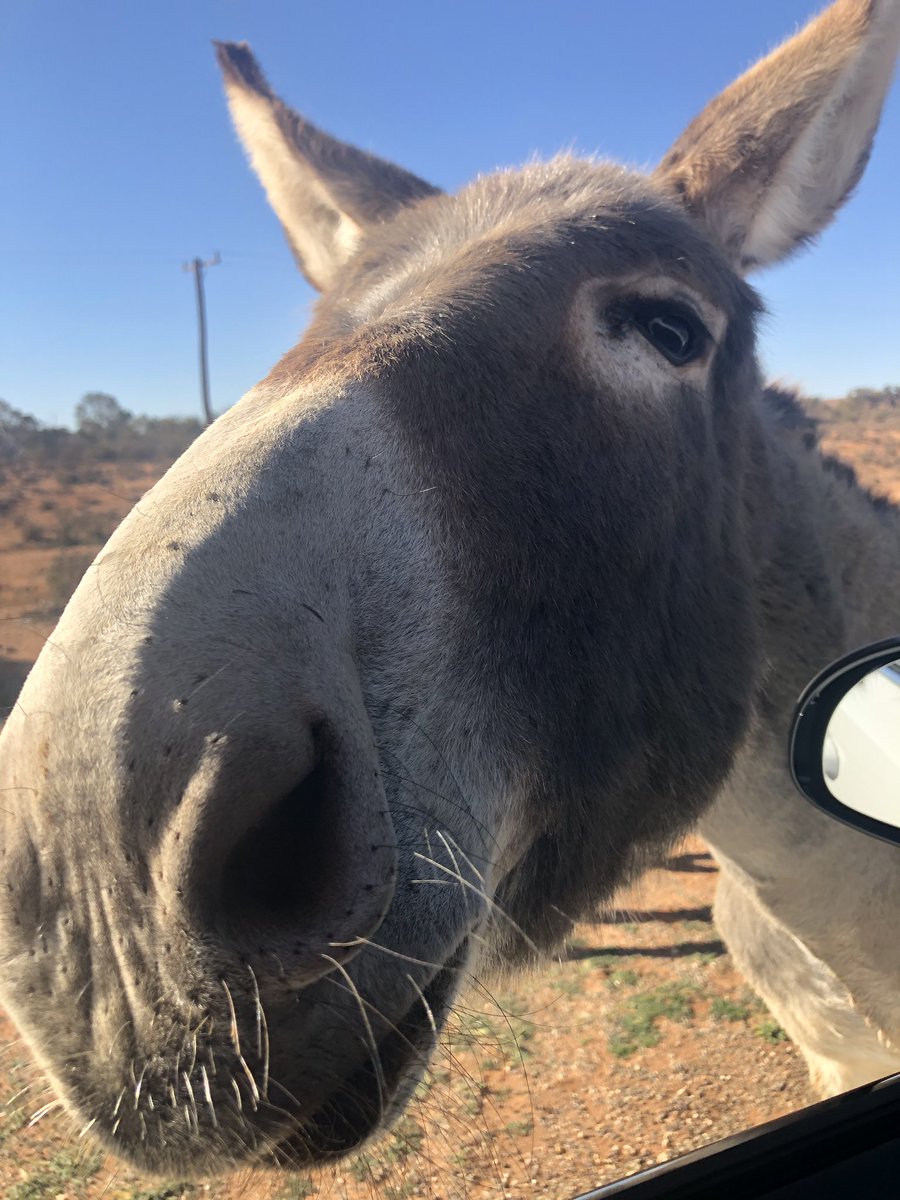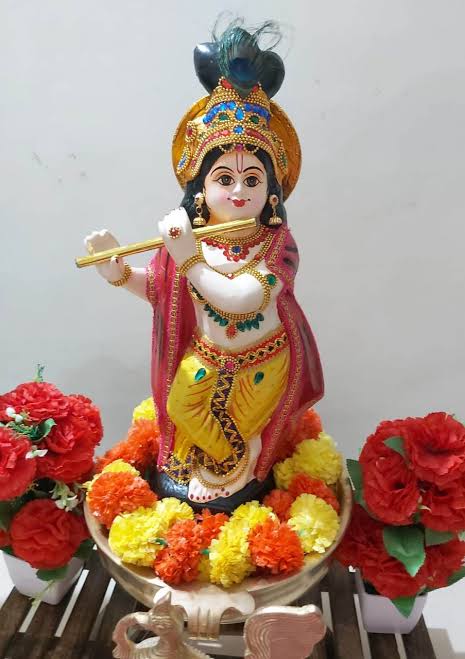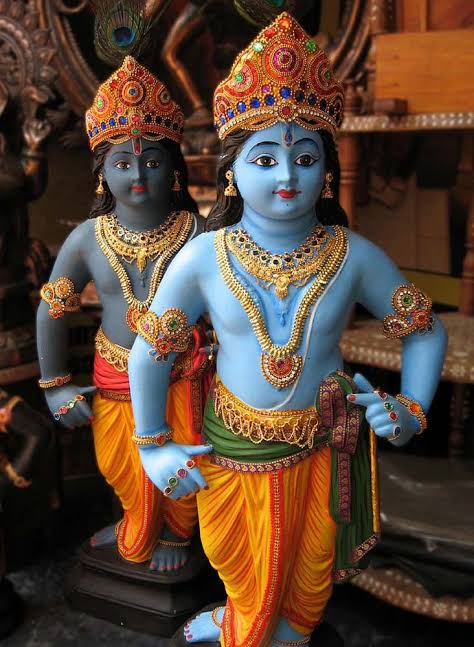Thread: Maktab/Islamic supplementary school Teacher training handbook.
My Muslim Uni professor once commented on early Muslim works relating to education as being an example of what we would today refer to as self help/training manuals for teachers. #education #IsEd #teacher


1. What is Ilm?
2. The virtues of teaching & learning
3. The deeni dunyawi binary?
4. The history of UK maktabs
5. Why do you want to teach at a maktab? Quran literacy, Islamic studies or both?
6. Planning your journey through maktab training
8. Reflective practice
9. Feedback & development
10. Potential challenges to teaching
11. Resilience...
What about teaching practice? That’s where discussions around ‘What do maktab teachers do?’ can take place...
2. What is teaching and what are teacher competencies?
3. Pedagogy: Planning lessons, creating resources, being inclusive, classroom management, checking progress & assessment, pastoral support.
والله ولي التوفيق
More from Religion
Assalam Alaiki dear Sister in Islam. I hope this meets you well. Hope you are keeping safe in this pandemic. May Allah preserve you and your beloved family. I would like to address the misconception and misinterpretation in your thread. Please peruse the THREAD below.
1. First off, a disclaimer. Should you feel hurt by my words in the course of the thread, then forgive me. It’s from me and not from Islam. And I probably have to improve on my delivery. And I may not quote you verbatim, but the intended meaning would be there. Thank You!
2. Standing on Imam Shafii’s quote: “And I never debated anyone but that I did not mind whether Allah clarified the truth on my tongue or his tongue” or “I never once debated anyone hoping to win the debate; rather I always wished that the truth would come from his side.”
3. Okay, into the meat (my love for meat is showing. Lol) of the thread. Even though you didn’t mention the verse that permitted polygamy, everyone knows the verse you were talking about (Q4:3).

4. Your reasons for the revelation of the verse are strange. The first time I came across such. I had to quickly consult the books on the exegeses or tafsir of the Quran written by renowned specialists!
A lot of things Muslims do now and claim as Islamic rule is actually a culture that Islam curtailed or tried to perfect.
— Sule Nana (@izesule) January 2, 2021
Let's talk polygamy.
Islam didn't come and say, "oh men, marry four wives"
No.
Polygamy was in existence, long before the coming of Islam.
1. First off, a disclaimer. Should you feel hurt by my words in the course of the thread, then forgive me. It’s from me and not from Islam. And I probably have to improve on my delivery. And I may not quote you verbatim, but the intended meaning would be there. Thank You!
2. Standing on Imam Shafii’s quote: “And I never debated anyone but that I did not mind whether Allah clarified the truth on my tongue or his tongue” or “I never once debated anyone hoping to win the debate; rather I always wished that the truth would come from his side.”
3. Okay, into the meat (my love for meat is showing. Lol) of the thread. Even though you didn’t mention the verse that permitted polygamy, everyone knows the verse you were talking about (Q4:3).

4. Your reasons for the revelation of the verse are strange. The first time I came across such. I had to quickly consult the books on the exegeses or tafsir of the Quran written by renowned specialists!
























